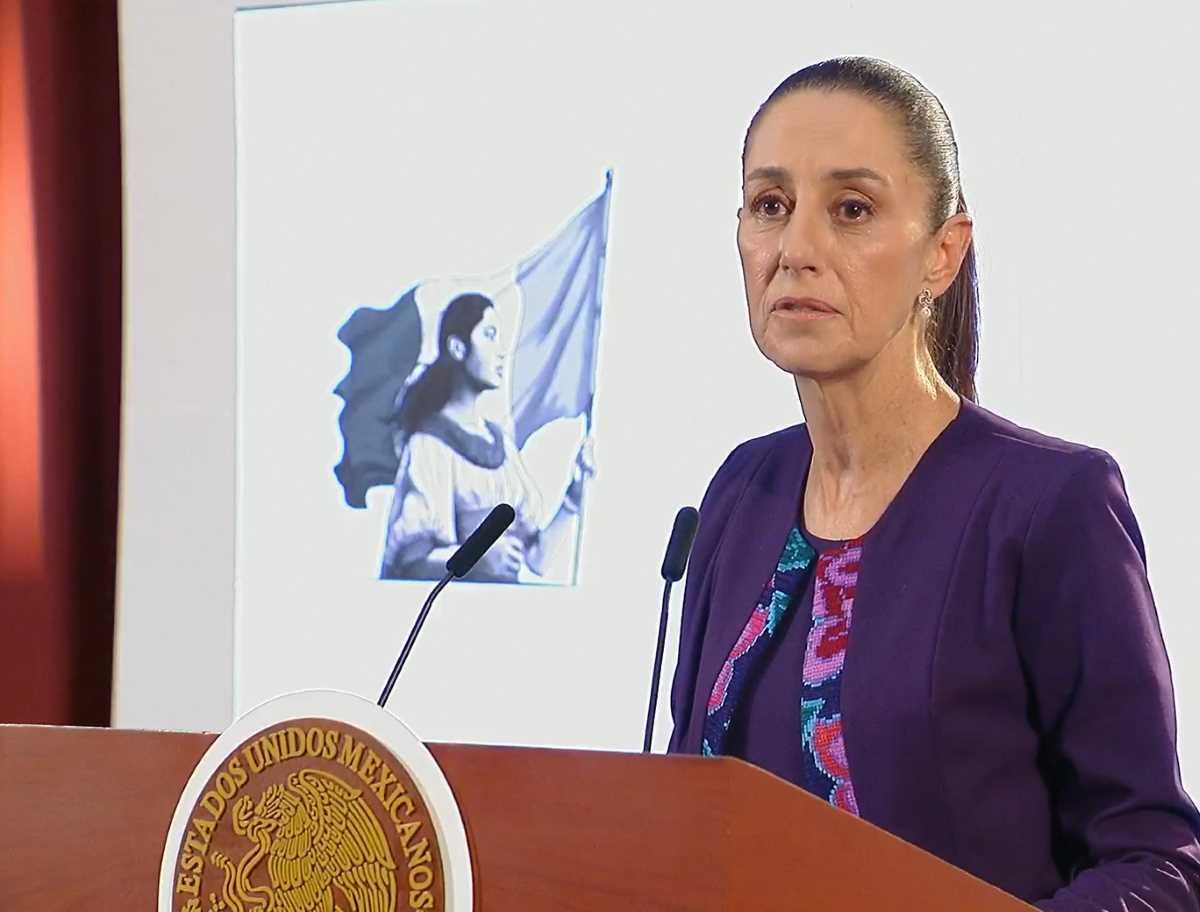Mexico’s Energy and Railway Constitutional Reforms Signal Shift in State’s Role in Strategic Sectors
Mexico seeks to reclaim control of its energy and railway sectors. President Sheinbaum proposes constitutional reforms to strengthen state-owned companies like CFE and Pemex, while reducing private sector influence.

In a decisive move to reassert the role of the Mexican state in the country’s strategic sectors, President Claudia Sheinbaum presented a sweeping constitutional reform package aimed at reshaping Mexico’s energy and railway industries. These reforms, she emphasized, are fundamental to restoring state control over two vital sectors—energy and railways—by reestablishing the primacy of public service over commercial interests.
The reforms seek to reverse key provisions of Mexico’s 2013 constitutional amendments, which opened the energy sector to private players and relegated state-owned enterprises like the Federal Electricity Commission (CFE) and Petróleos Mexicanos (Pemex) to competitive, profit-driven roles. In her presentation, Sheinbaum argued that the 2013 reforms distorted the original purpose of these public companies, turning them into profit-seeking entities instead of public service providers. The new reforms, now under congressional debate, would return these entities to their original mandate of serving the public interest.




